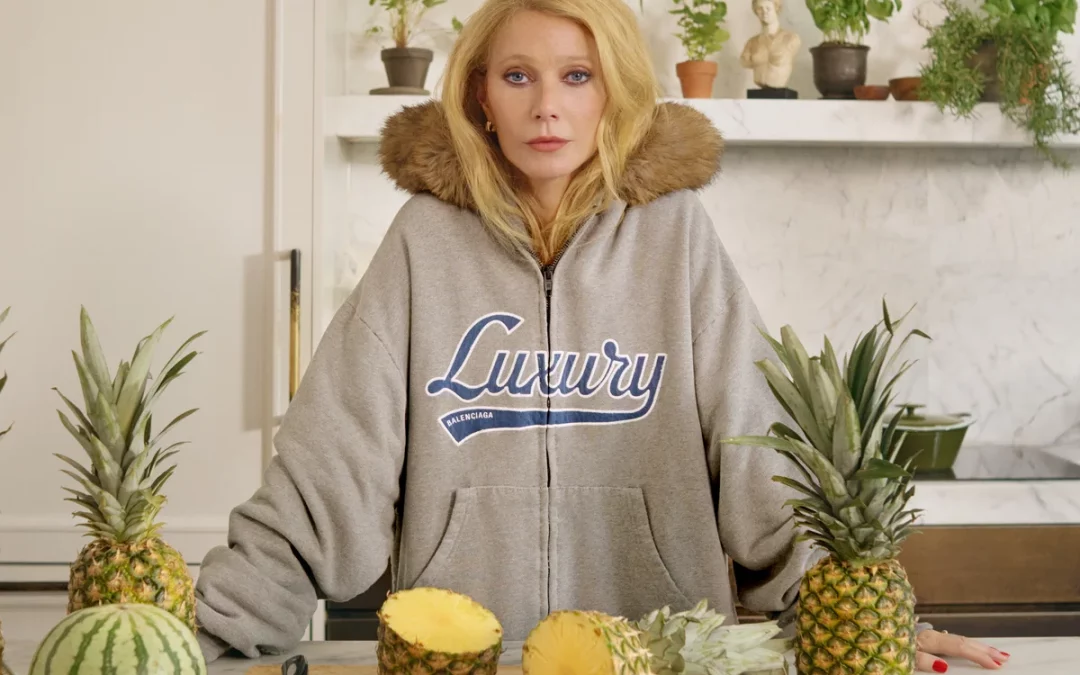When a urinal became art and a hoodie became luxury, something truly magical happened — context started printing money.
Luxury Readymade: When Context Costs £1,590
Once upon a time, Marcel Duchamp bought a urinal, signed it R. Mutt, and called it art. He claimed the idea mattered more than the object, and that “taste”—whether good or bad—was the enemy of art.
A century later, Balenciaga stitched the word Luxury onto a £1,590 hoodie and called it fashion. Same move, different century — and arguably, a much higher price for irony.
From Idea to Price Tag
Duchamp’s readymades were ordinary objects elevated by context; Balenciaga’s hoodie is an ordinary object inflated by branding. Both operate on the same principle: context creates value, not craft. Duchamp’s urinal was a critique of art’s pretensions; Demna’s hoodie is a critique of luxury’s delusions — though it’s unclear who’s in on the joke.
The modern luxury industry has become a Duchampian experiment run amok. Visual indifference is the new aesthetic. Concept over creation the new craft. And taste — still the enemy — has been replaced by algorithmic appetite. Once, “designer” meant authorship; now it’s a metadata tag. Once, a handbag bore a designer’s name; now, the word luxurysuffices, even if it’s stamped on a cotton blend from Temu’s doppelgänger factory.
The Lost Original
There’s an extra layer of comedy in Duchamp’s tale: the original urinal — the sacred “Fountain” that redefined art — vanished soon after its debut. The objects now displayed in museums from San Francisco to Paris are replicas, authorized fakes of a conceptual fake. The irony couldn’t be richer: the most influential artwork of the 20th century exists only as a reproduction of an idea. It’s as if the prototype of “authenticity” flushed itself away — and the world never stopped trying to sell the copy.
The Enemy of Taste
What Duchamp meant when he said taste was the enemy of art might finally make sense here: taste is selection, conformity, the polite nod to consensus. Art — and, ironically, true luxury — resists consensus. But modern fashion doesn’t resist anything; it rebrands resistance as product.
Demna, in Balenciaga’s latest “Luxury” capsule, doesn’t sell clothing so much as commentary. But when commentary becomes commerce, satire curdles into complicity. The hoodie is a Duchampian readymade that costs a mortgage payment — a conceptual masterpiece precisely because it proves the concept’s futility.
The Context Economy
The Guardian asks, “Does the word luxury mean anything now?” Duchamp might have answered, “It means what the signature says it means.” And in 2025, the signature isn’t R. Mutt — it’s a logo stitched in Gothic font and blessed by Vogue.
Luxury, it turns out, is not an experience but a context — a social readymade.
And we, the audience, are the ones still waiting for the punchline.

